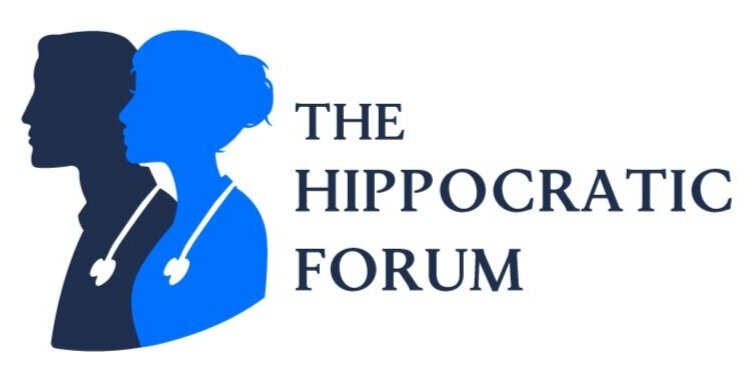Love and Efficiency
A reflection from intern year for those beginning their medical training this July 1st.
“The world of efficiency is defeated by death; at death, all its instruments and procedures stop. The world of love continues, and of this grief is the proof,”
-Wendell Berry, Health is Membership
I have been thinking of this quote found in Wendell Berry’s masterful essay, “Health is Membership,” often this year. My first year as a medical resident has been an inculcation into the world efficiency to which Berry refers. There are too many patients to see, too many pages to respond to, too many notes to write in too short a period of time. Countless times throughout the day I find myself making cost-benefit analyses of where to spend my time in an economy where time is the scarcest and thereby the most valuable commodity.
The implicit hegemony of efficiency in the medical world is becoming increasingly more explicit as we attempt to cut costs and improve patient outcomes in the name of “high-valued care” which has become the de facto telos of modern medicine. This focus on reducing waste and improving clinical care has proven remarkably effective when the process yields a favorable medical outcome. Yet we are often left bemused and bereft when we encounter that ultimate enemy of efficiency mentioned by Berry: death.
I have seen far more death this year than I would have liked, and in so doing have become more convinced by Berry’s claim that the world of efficiency can only view death as an absurdity. How are we to interpret our work through the lens of efficiency when there is nothing more to be measured, no more time to be saved, no more lab values to correct?
I believe Berry is correct in his assessment that the world of love is the antithesis of this world of efficiency. It is love that cries out with grief in the face of death, not because it does not know how to respond, but because crying out is the fitting response. Love knows that death is not merely a statistic within a utilitarian economy; it is the tragic loss of a precious one, a reality that can be hard to grasp among the many we care for in a typical day.
While some may think it strange to describe a love for the patients we care for, I find solace in Berry’s insight that grief is what we should feel when we lose those we care for, and care about. This normalizes a feeling I tend to push to the side when I sense it will slow me down in the course of my resident duties.
I am grateful for good work that allows me in these privileged places of suffering and loss, even if these burdens are heavy. And Berry reminds me that when tempted toward a focus on efficiency in the face of such pain, such burdens are better shared than ignored, or borne alone.
Painting: "American Doctor Examines Vietnamese Child", Vietnam, by Samuel E. Alexander, 1967
